Turmeric, often called the “golden spice,” has been a key ingredient in traditional medicine and culinary practices for thousands of years. Known for its vibrant yellow color and earthy flavor, turmeric holds a prominent place not only in cooking but also in wellness routines. Its active compound, curcumin, is praised for its powerful anti-inflammatory and antioxidant properties, making turmeric a true superfood. This article explores turmeric’s health benefits, nutritional values, and creative ways to use it.
Table of Contents
What is Turmeric?
Turmeric (Curcuma longa) is a root that belongs to the ginger family and is native to Southeast Asia. It has been used in Ayurvedic and traditional Chinese medicine for centuries to treat a range of ailments. Turmeric’s earthy, slightly bitter taste makes it a staple spice in various cuisines, particularly Indian, and its vibrant color is often used as a natural food dye.
Health Benefits of Turmeric
- Anti-Inflammatory Properties
Curcumin, the active compound in turmeric, is known for its anti-inflammatory effects, which can help reduce inflammation in conditions such as arthritis, heart disease, and even Alzheimer’s disease. - Powerful Antioxidant
Turmeric has strong antioxidant properties that help neutralize free radicals, reducing oxidative stress and potentially lowering the risk of chronic diseases. - Supports Heart Health
Studies show that turmeric can improve blood vessel function, regulate blood pressure, and reduce cholesterol levels, all of which are important for heart health. - Aids in Digestion
Turmeric stimulates bile production, which aids digestion. It can also help with conditions like irritable bowel syndrome (IBS) and promote a healthy gut. - Boosts Immune System
With antibacterial, antiviral, and antifungal properties, turmeric can help enhance immunity and protect against infections. - Reduces Joint Pain
Curcumin in turmeric may alleviate joint pain and stiffness, especially in people with osteoarthritis and rheumatoid arthritis. - Supports Brain Health
Curcumin has been shown to increase brain-derived neurotrophic factor (BDNF), which may help delay or even reverse degenerative brain diseases like Alzheimer’s. - Improves Skin Health
Turmeric’s antioxidant and anti-inflammatory effects help reduce acne, improve skin tone, and combat signs of aging. - Aids in Weight Management
Turmeric may improve fat metabolism and help prevent weight gain by reducing fat tissue growth.
Nutritional Value of Turmeric (Per 1 Tablespoon, 9g)
| Nutrient | Amount per 1 tbsp (9g) |
|---|---|
| Calories | 29 |
| Protein | 0.9g |
| Carbohydrates | 6.3g |
| Dietary Fiber | 2.1g |
| Total Fat | 0.3g |
| Vitamin C | 1.7mg |
| Potassium | 196mg |
| Iron | 2.8mg |
| Calcium | 20mg |
While turmeric is not a significant source of macronutrients, it contains a variety of vitamins, minerals, and, most importantly, curcumin, which is responsible for its health benefits.
How to Use Turmeric in Everyday Cooking and Wellness
- Golden Milk
A traditional Ayurvedic drink, golden milk combines turmeric with warm milk (or plant-based milk), black pepper, and a touch of honey for a soothing, anti-inflammatory beverage. It’s ideal for relaxing before bed. - Smoothies
Add a teaspoon of turmeric powder to your smoothie for an extra antioxidant boost. It pairs well with ginger, orange, and mango flavors. - Curries and Stews
Turmeric is a staple ingredient in many curry recipes, giving dishes a warm, earthy flavor and golden hue. Try it in lentil stews, chickpea curry, or chicken curry. - Egg Dishes
Mix a pinch of turmeric into scrambled eggs, frittatas, or omelets for a vibrant color and mild spice. It also adds a nutritional boost. - Turmeric Tea
Boil fresh turmeric root or turmeric powder in water, then strain and add honey, ginger, and lemon for a refreshing, immunity-boosting tea. - Salad Dressings
Add a pinch of turmeric to homemade vinaigrettes or yogurt-based dressings. It pairs well with lemon juice, olive oil, and mustard. - Face Mask
Turmeric can be used in skincare! Mix a pinch of turmeric powder with yogurt and honey for a face mask to brighten and clarify the skin. Be cautious, as turmeric can stain. - Rice and Grains
Stir turmeric into rice, quinoa, or couscous for a golden tint and added health benefits. It’s a simple way to make plain grains more flavorful and nutritious. - Baked Goods
Turmeric can be used in small amounts in muffins, breads, or pancakes. Combined with cinnamon or ginger, it adds a unique flavor and color to baked goods.
The Science Behind Turmeric and Curcumin Absorption
One important thing to note is that curcumin, while potent, is not easily absorbed by the body. However, consuming turmeric with black pepper, which contains piperine, can enhance curcumin absorption by up to 2,000%. Fat also improves absorption, so turmeric is often best consumed in meals that include a source of fat.
Summary Table of Turmeric Benefits
| Health Benefit | Explanation |
|---|---|
| Anti-Inflammatory | Curcumin reduces inflammation, beneficial for arthritis and heart health. |
| Antioxidant | Protects cells from oxidative stress and reduces chronic disease risk. |
| Heart Health | Regulates blood pressure, improves cholesterol, and supports circulation. |
| Digestive Health | Stimulates bile production and supports gut health. |
| Immune System Boost | Antibacterial and antiviral properties help protect against infections. |
| Joint Pain Relief | Eases joint stiffness and pain, especially in arthritis sufferers. |
| Brain Health | Increases BDNF, potentially preventing Alzheimer’s disease. |
| Skin Health | Reduces acne, brightens skin, and combats signs of aging. |
| Weight Management | Supports fat metabolism and helps prevent weight gain. |
Final Thoughts
Turmeric is not only a versatile and flavorful spice but also a powerful natural remedy with numerous health benefits. Incorporating turmeric into your diet or wellness routine is easy with a wide range of culinary and cosmetic uses. From teas and curries to face masks and salad dressings, turmeric is an accessible and beneficial addition to your everyday routine. For best results, remember to pair turmeric with black pepper to maximize the bioavailability of curcumin.
Adding even a small amount of turmeric to your daily regimen can yield significant health benefits over time. Whether you enjoy it in your meals, drinks, or skincare, turmeric is a golden addition that can truly enhance your health and well-being.


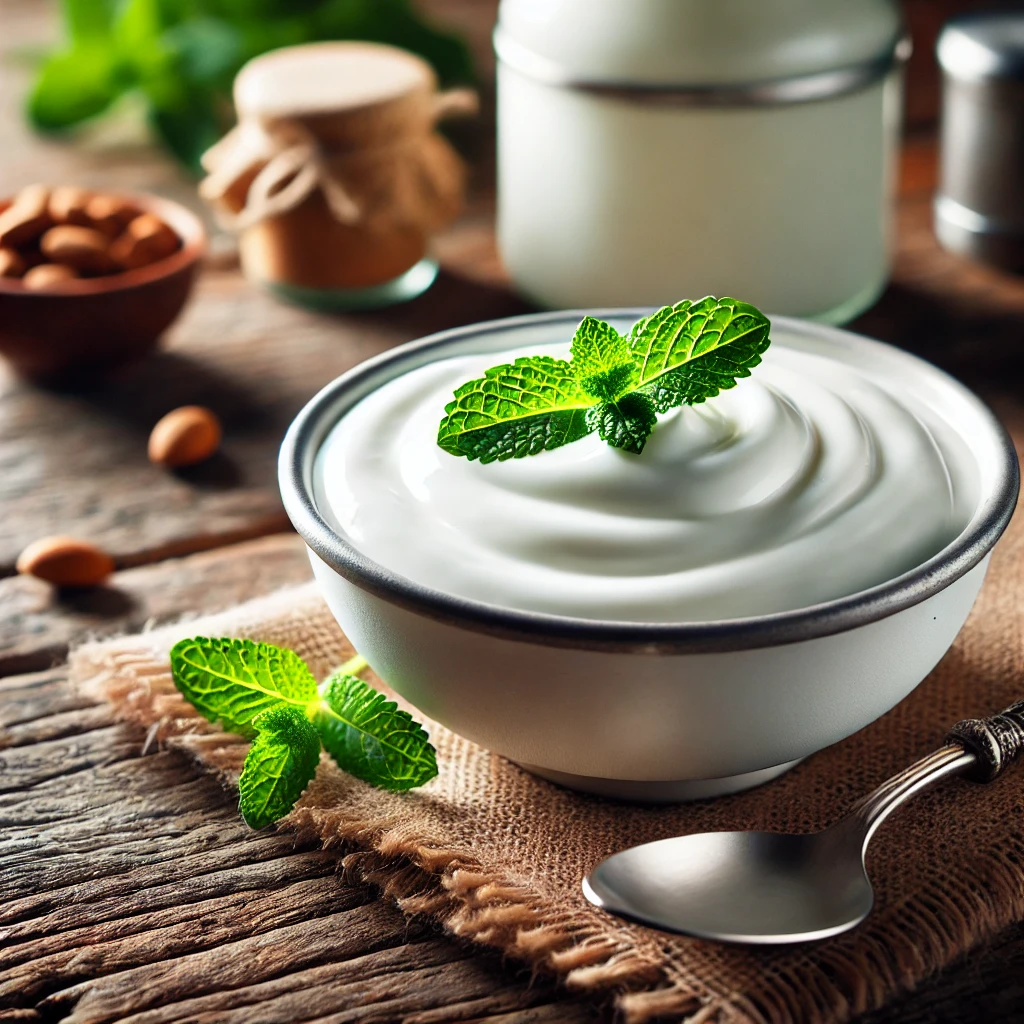
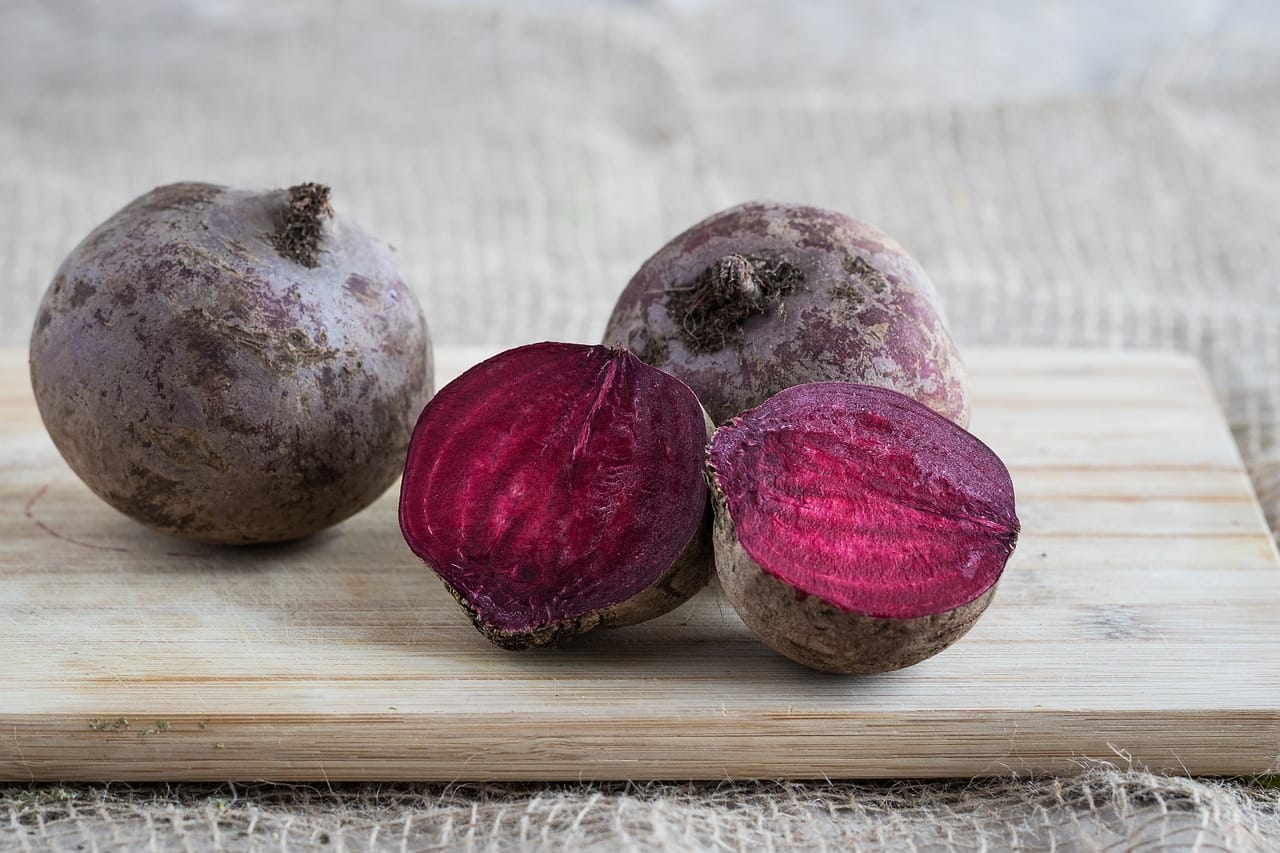
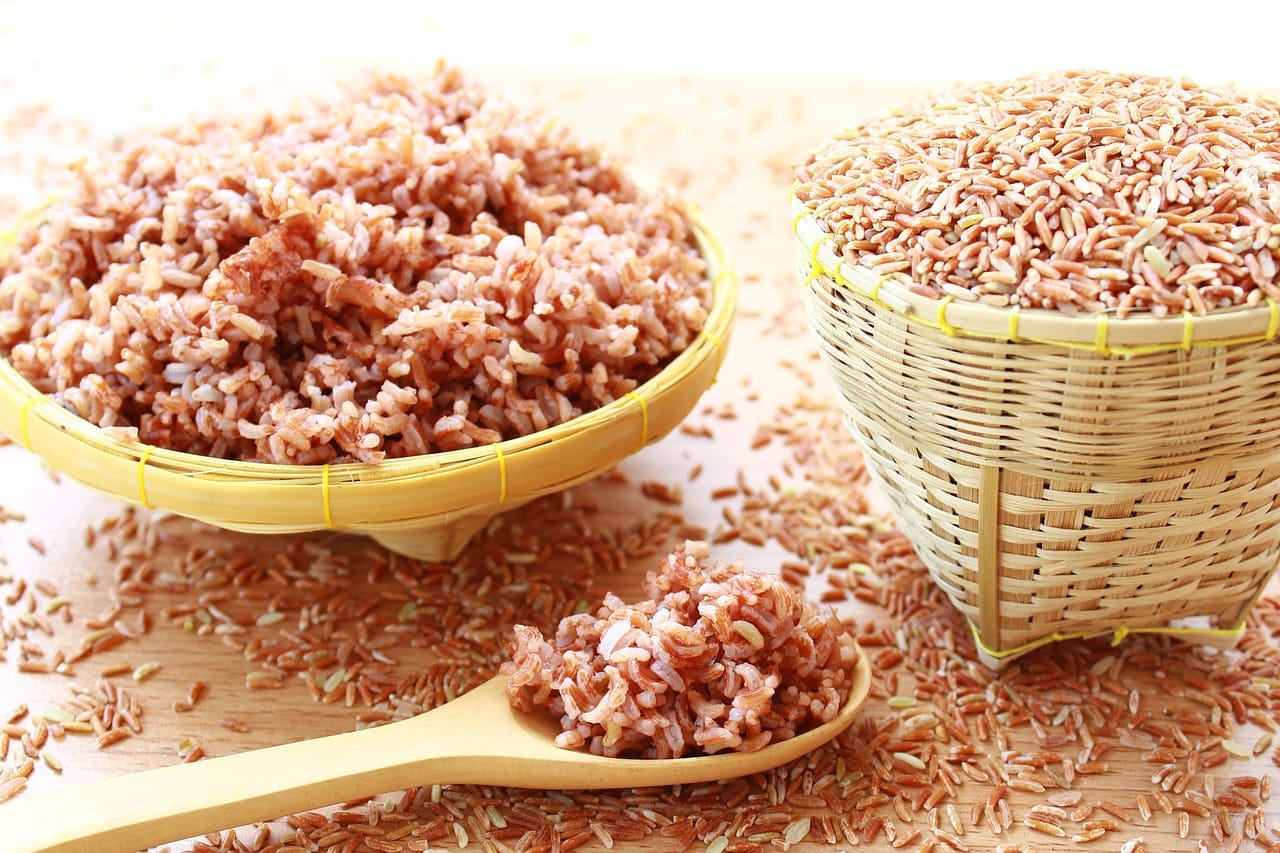
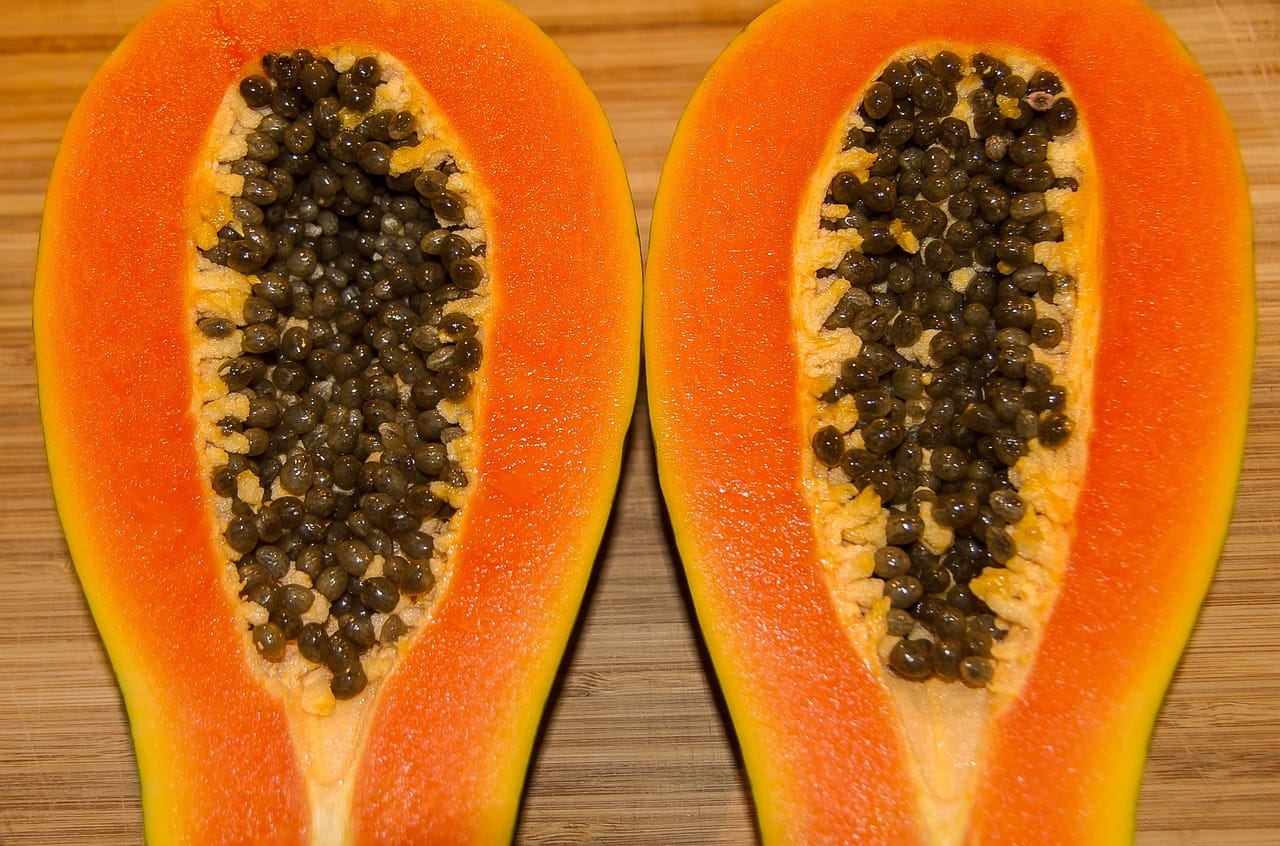
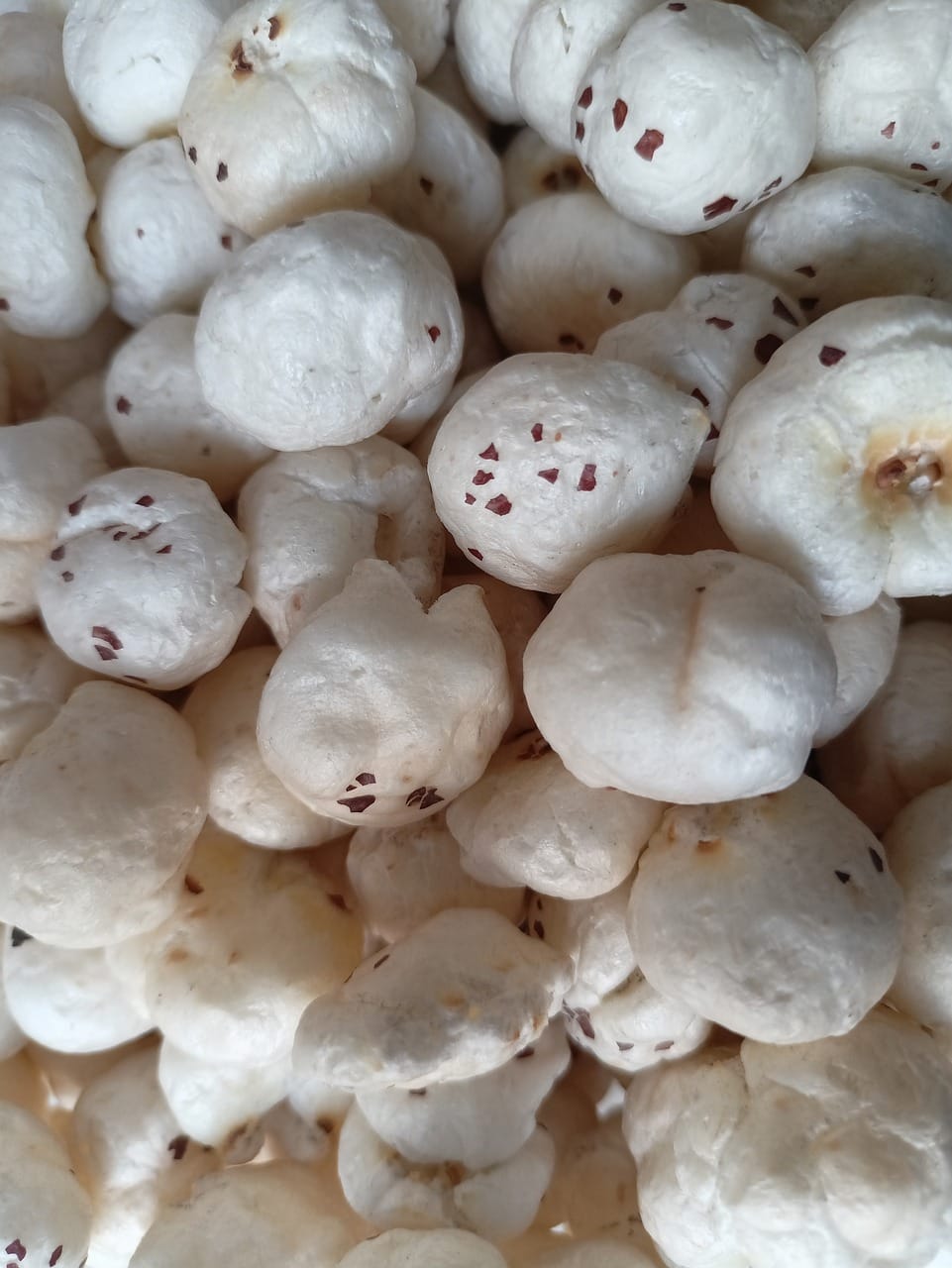

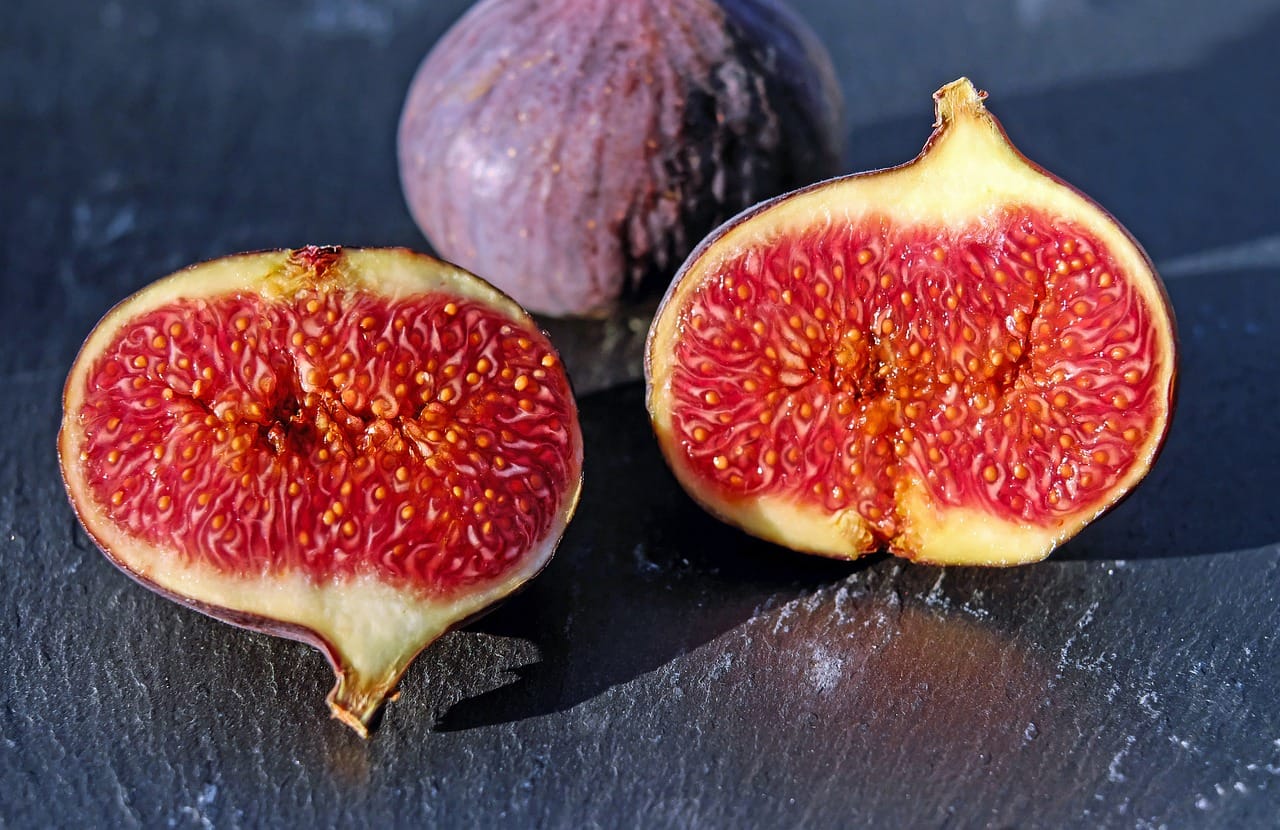

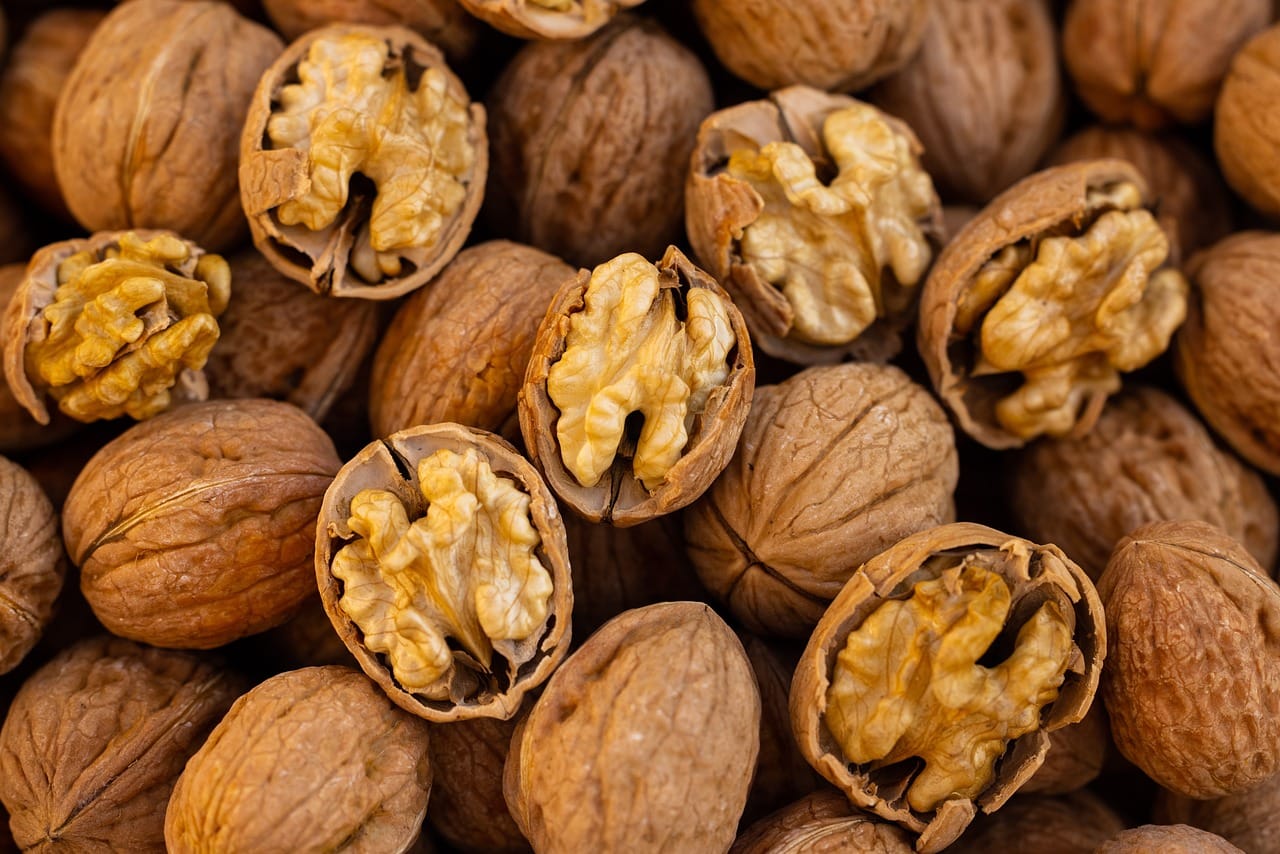


Leave a Reply